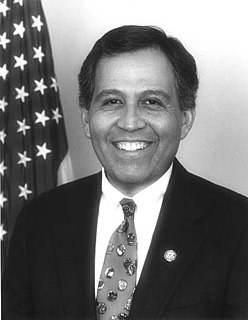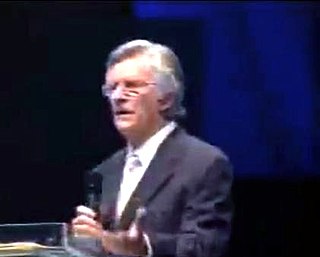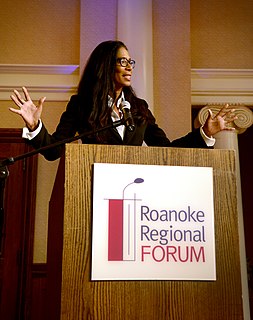A Quote by Aiden Wilson Tozer
To me, it has always been difficult to understand those evangelical Christians who insist upon living in the crisis as if no crisis existed. They say they serve the Lord, but they divide their days so as to leave plenty of time to play and loaf and enjoy the pleasures of the world as well. They are at ease while the world burns.
Related Quotes
The problem the world faces today is that only one-third of the world's population lives in decent circumstances, while half the population of the world lives on one or two dollars a day. And even as we have this poverty and backwardness, we are facing a global environmental crisis. We need developmental models that will take into account the specific and unique position of each country and at the same time will address the environmental crisis.
If you followed this economic crisis and you do not think that the world is getting flatter, you are not paying attention. We saw the entire global economy at one time acting totally in sync. The real truth is the world is even flatter than I thought. Our mortgage crisis is killing Deutsche Bank. You still don't think the world is flat?
Christians were never meant to be normal. We’ve always been holy troublemakers, we’ve always been creators of uncertainty, agents of dimension that’s incompatible with the status quo; we do not accept the world as it is, but we insist on the world becoming the way that God wants it to be. And the Kingdom of God is different from the patterns of this world.
The world is not looking for more doctrinal proof of the reality of God! It is not looking for greater proof of the resurrection or better arguments about creation. The world is looking for Christians who can stand up to every crisis, fear, trouble and difficulty and remain calm and at rest in the midst of it all. The world needs to see God's children trusting wholly in their Lord.
We've been talking about the Syrian refugee crisis a lot, in the news in the U.K. and possibly the U.S., but it isn't the only refugee crisis that is happening at this minute. There's something like 22 million refugees in the world. There are people from Eritrea, Afghanistan, Syria, and so many other places where people are living in complete turmoil.
Companies that do not actively practice, study, and plan for crisis communications - as well, of course, crisis management - are doomed to fail when a crisis befalls them. Crises are, in a word, inevitable, and those macho companies that think, "it can't happen here," or if it does, "I can handle it," will suffer the hardest failures.
It seems to rise again when the crisis times come, and this is a time of most severe crisis, as we all know, not just for the history of the United States and the survival indeed of our democracy, but for the future peace of the world. And never before probably has the need for interfaith commitment been nearly as great as it is at this very moment.






































